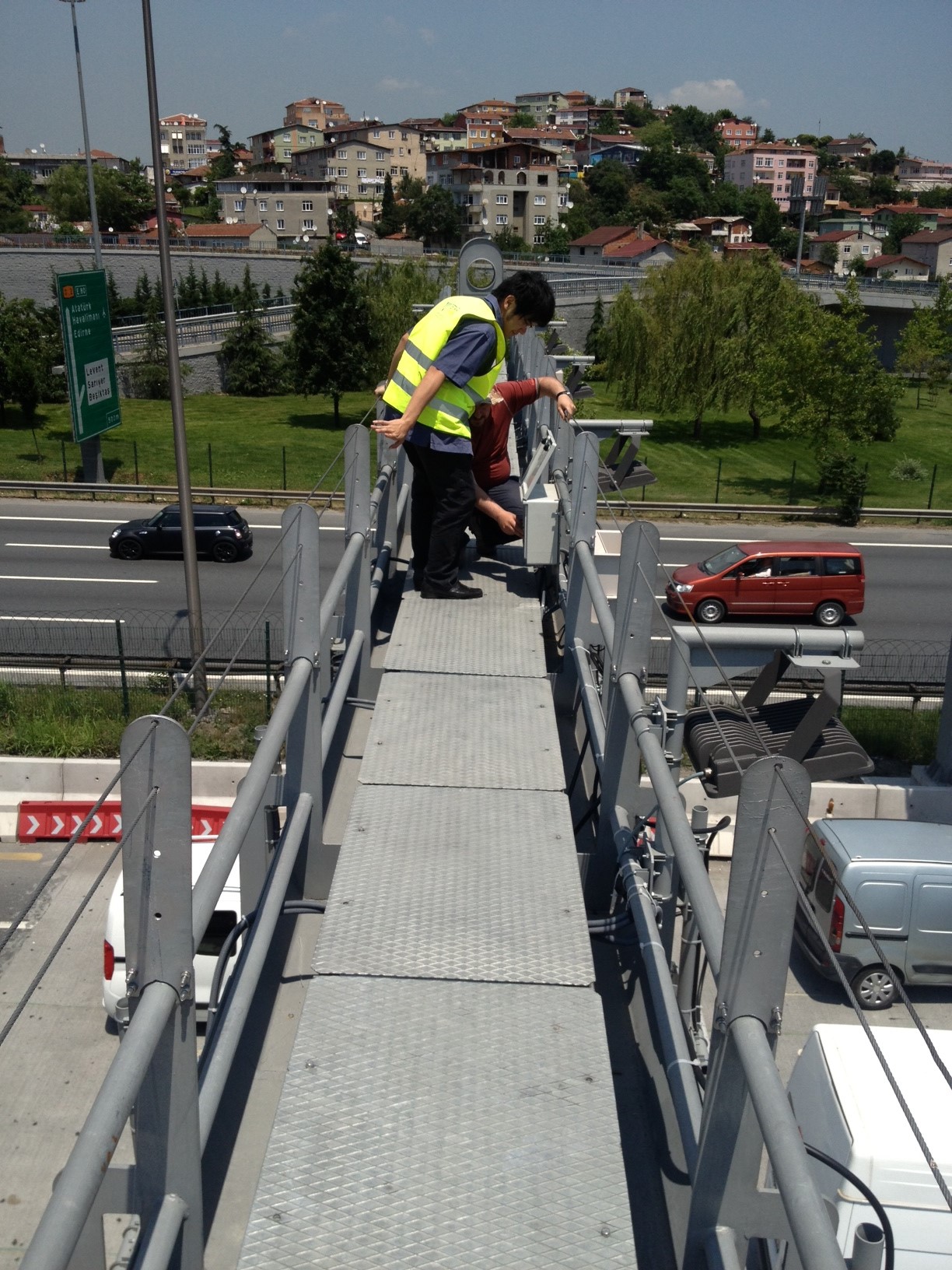Kapsch TrafficCom North America has been notified by the International Bridge, Tunnel & Turnpike Association (IBTTA) that the Open Standard Time Division Multiplexing protocol (TDM) sponsored by Kapsch has been approved to begin the testing phase of the National Toll Protocol selection process.
This selection underlines Kapsch’s consistent and strong commitment to open standards and interoperability within the Electronic Tolling Solutions industry. Open standard communication protocols are critical to me
This selection underlines Kapsch’s consistent and strong commitment to open standards and interoperability within the Electronic Tolling Solutions industry. Open standard communication protocols are critical to meeting the goals of the Moving Ahead for Progress in the 21st Century Act (MAP-21) enacted in 2012 in the US, which mandates national interoperability of electronic toll collection programs within four years of its enactment.
Kapsch released and published its TDM specification in 2013, enabling open and free access to developers seeking to use and implement the protocol. Concurrently, Kapsch also has been a strong advocate of the other open-standard NTP final candidate, ISO 18000-6C, an open-communication standard that is used globally for a wide variety of applications and within numerous industries, including electronic tolling. Indeed, the availability of developing economically advantageous applications using the ISO 18000-6C technology are key to its broad adaptation and appeal to industries with high transaction volumes such as electronic tolling.
“Kapsch is a firm believer that using open, non-proprietary protocols are in the public good and are critical to facilitate national electronic tolling interoperability. They accelerate adoption of electronic toll collection, promote competition, and encourage additional investment – all of which result in higher-performing, lower-cost systems that deliver greater value to both road authorities and road users,” said Chris Murray, president and CEO of Kapsch TrafficCom North America. Murray added, “Kapsch will continue to support and advocate open-communication and RFID standards, will defend itself and its customers’ rights to offer such technologies to consumers and the marketplace, and will continue to provide high quality products and support to our customers using these important technologies.”









